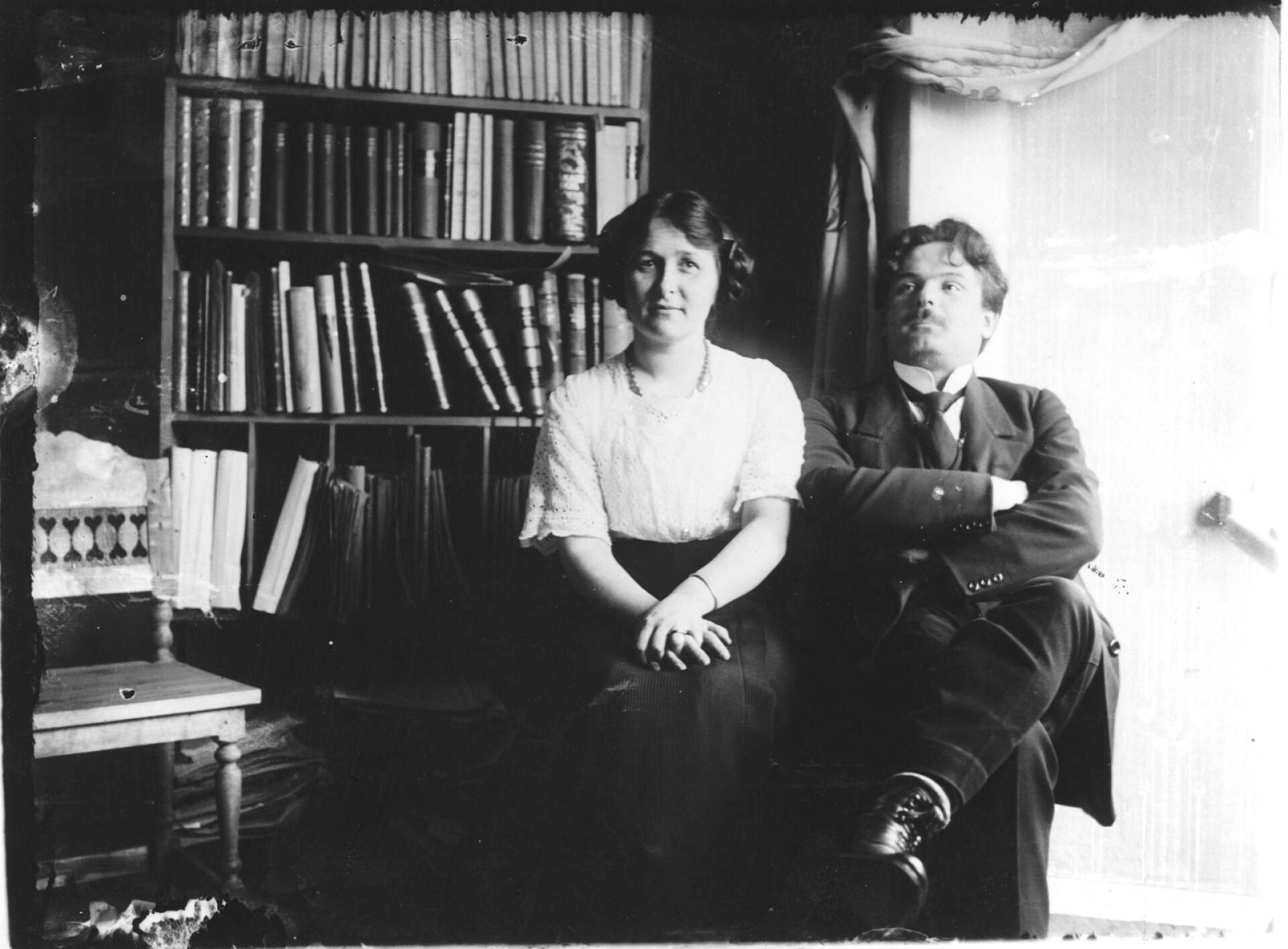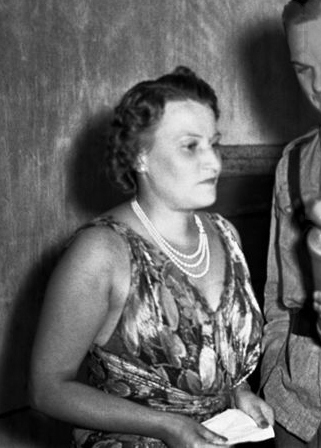
The Finnish baritone, Tom Krause, had begun studying to become a psychiatrist, and obtained a medical degree from Helsinki University. But he gave it up to study singing. He received his training in Helsinki, and later at the Vienna Music Academy and in Berlin.
Since his debut in Berlin in 1957, Tom Krause has established himself as a leading baritone with a vast repertoire, ranging from J.S. Bach to Messiaen. He was with the Deutsche Oper Berlin for three years and has been a member of the Hamburg State Opera since 1962, where he created the leading role in the world premieres of various modern operas such as The Golden Ram and Hamlet. He also appeared as guest with most of the leading operas in Europe, including La Scala, Vienna, London, Berlin, Munich, Copenhagen, Brussels, Amsterdam and Rome.
Tom Krause was awarded the Harriet Cohen Bach Prize for his singing in Benjamin Britten’s War Requiem in London. In 1963, he made his debut in America at Tanglewood with Boston Symphony Orchestra in the American premiere of this work. He also sang it at the Carnegie Hall. Since then, his career has lead him to all great American and European theatres, in London, Berlin, Vienna, Milan, and Paris where he sang Le nozze di Figaro, Les Contes d’Hoffmann, La Concrentola, Parisfal, Elektra, Cosi fan Tutte, etc. at the Garnier Opera House, and more recently The Queen of Spades, Katya Kabanova, and Saint Francois d’Assise at the Bastille Opera House. He sang at the music festivals in Bayreuth, Glyndebourne, Tanglewood, Vienna, Baalbeck, and at the City of London Festival. He was named ‘Kammersänger’ in Hamburg in 1967 and in the same year he made his very successful Metropolitan Opera debut in the role of Count Almaviva.
Tom Krause performed oratorio, and sung in Lieder recitals many times. At the end of the 1960’s he was also under contract with the Metropolitan Opera, as well as with the Hamburg State Opera. Among his more important roles are Don Giovanni, Count Almaviva, Amonastro, Germont, Don Carlos (Forza del Destino), Escamillo, Malatesta, Oreste (Elerktra), Marcello and Nick Shadow.
Tom Krause also performed on stage St François at the 1998 Salzburg Festival and at the Luzern Festival (in concert version). In 1999, he returned to Paris to sing Titurel in Parsifal. Tom Krause was regularly invited to the Salzburg Festival as well as the Savolinna Festival.
Tom Krause did many great recordings, including not only opera, but Lieder as well (Johannes Brahms, Robert Schumann, Moussorgksi, Schubert, Sibelius). His numerous recordings won him wide acclaim
Tom Krause taught in Hamburg and was a member of numerous Voice Competitions through the world.






 F
F














:format(jpeg):mode_rgb():quality(90)/discogs-images/A-1516780-1401176068-3577.jpeg.jpg)




